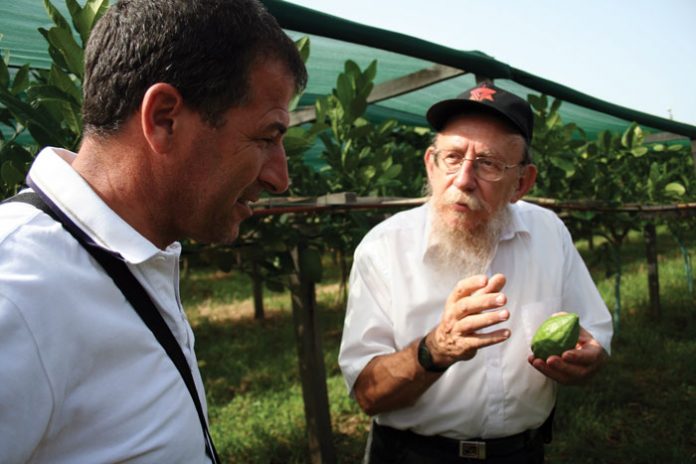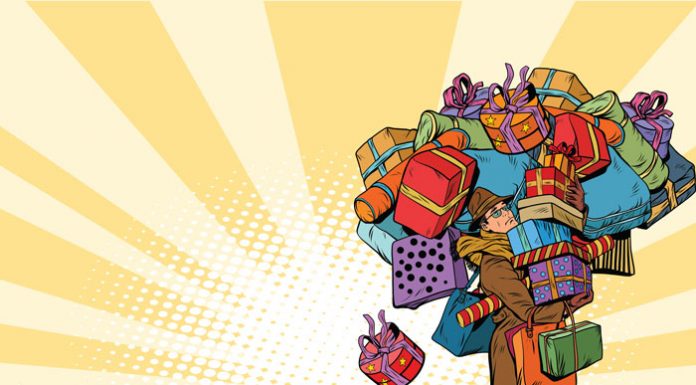An unusually cold and frosty winter in Italy has led to concerns that there may be a shortage of Yanover esrogim as the Sukkos season approaches.
Rabbi Menachem Lazar, whose family has been providing hashgachah for these esrogim since 1964, told Ami, “This year, there was a very harsh winter. Temperatures dropped below zero. This was the coldest winter in Calabria in about 50 years. A lot of trees died and even on the trees that didn’t die a lot of branches died and had to be cut off. We don’t know yet how many esrogim will grow on the trees, because until the fruits start to sprout we can’t know for sure. We do know there will be less esrogim, because there are less trees and less branches on the surviving trees.
“Ninety percent of the trees were frozen. An esrog tree doesn’t grow very deep. Its roots spread out and are very shallow. Because of this, they are very vulnerable to the elements. Trees with deeper roots are more sturdy and can fight off the elements, but esrog trees are very delicate. That’s why they can only grow in certain climates that are ideal for their cultivation.”
The famous Yanover esrogim are named after the Italian city of Genoa—which is pronounced “Yanov” in Hebrew/Yiddish vernacular—a busy port city on the Mediterranean Sea located just above the “boot” of Italy.
Although the Italian esrogim have always been known as “Yanovers,” no citron tree has ever grown in Genoa. The esrog fields are actually located further south, in the countryside of the rural region of Calabria. Calabria is the region that makes up the “toe” of the Italian boot, and the local economy of the entire region is based on agriculture. In addition to esrogim, fields of corn, grapes and nuts, and orchards of cherries, grapes, eucalyptus, olive, orange and fig trees abound. The produce of these trees are shipped off for consumption by people across Europe.
For generations, the citrons grown in Calabria were sent off by the non-Jewish farmers to the large port of Genoa, where Jewish esrog merchants would flock to buy them and ship them across Europe. These merchants and their customers related the esrogim to Genoa, and thus branded them “Yanovers.”





















